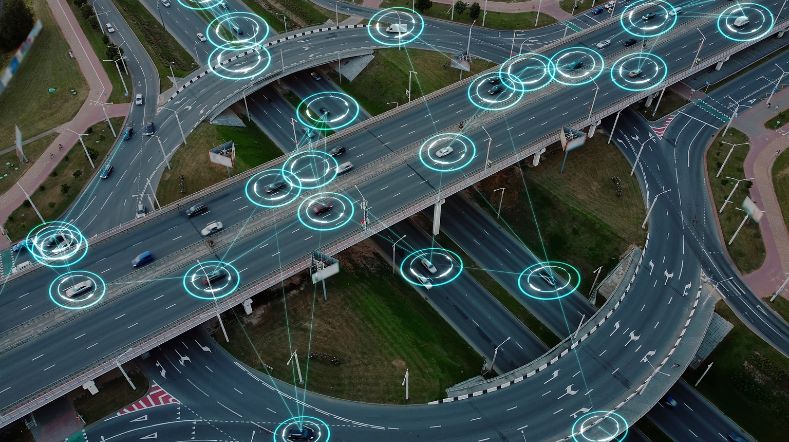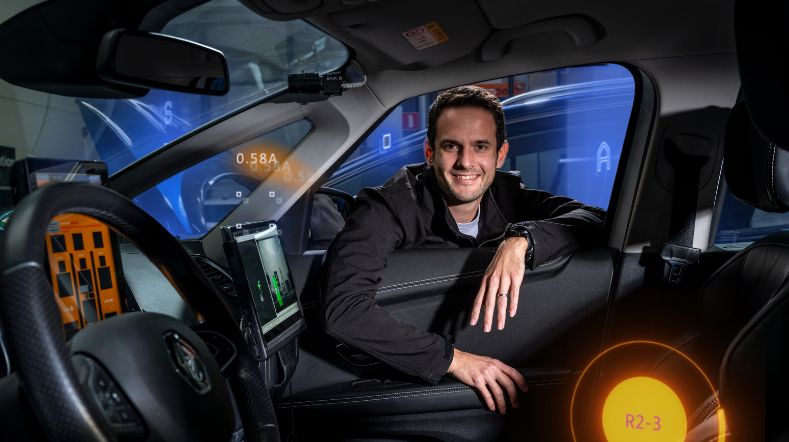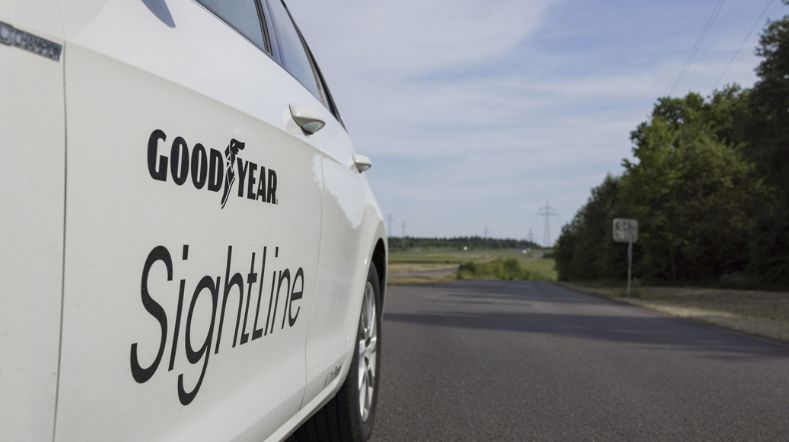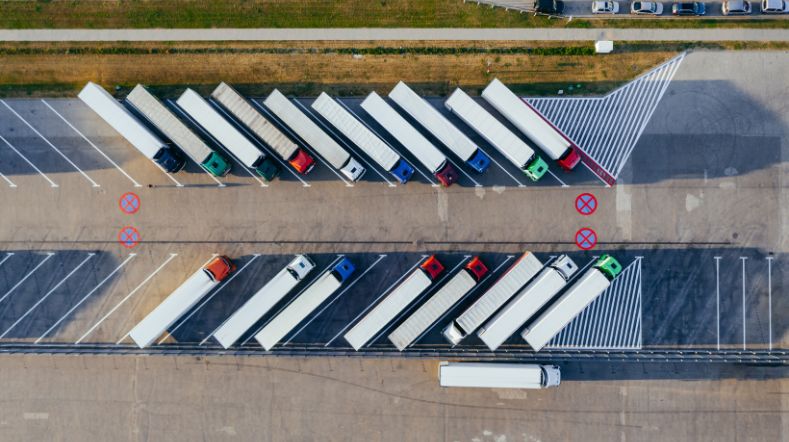
The Netherlands joins forces with Japan and South Korea for Smart & Sustainable Mobility
From 28th September till 6 October 2023, a delegation from TNO traveled through Japan and South Korea to strengthen the Netherlands knowledge position and competitiveness in the field of Smart & Sustainable Mobility. This resulted in four important MoUs for structural cooperation with both countries. It also generated significant interest from companies and policymakers in TNO's digital twin software for liveable and resilient cities (Urban Strategy) and StreetWise; TNO’s scenario-based safety assessment methodology for approval of autonomous vehicles. CEO Tjark Tjin-A-Tsoi summarises the learnings and highlights.
Purpose of the visit
The 48-page itinerary for TNO's visit to Japan and South Korea, including a fully packed travel schedule, resembles more of a tour schedule for a successful rock band. Months of preparation preceded the coordination of the MoUs and the planning of this trip, which involved visits to leading OEMs (Original Equipment Manufacturers), key government agencies, and two prestigious conferences.
Tjark Tjin-A-Tsoi had returned to the Netherlands just a week before we interviewed him.
'The annual Science and Technology in Society (STS) Forum in Kyoto, Japan, was the initial reason for the trip. Additionally, I was asked to deliver the keynote presentation on smart cities at the Global Innopolis Forum in Daejeon, South Korea. These are two prominent platforms for TNO and the Dutch economy. Furthermore, due to the COVID-19 pandemic, it had been some time since we could visit our partners in this region. So, the goal of this trip was to visit existing and potential partners in Japan and South Korea to explore opportunities for R&D or interest in our innovations.'

'With StreetWise, we offer innovative methods to validate the safety of autonomous vehicles. By testing with major OEMs, we can continuously advance this technology.'
Safe autonomous driving with StreetWise
With numerous mega-cities and a leading automotive industry in these countries, the focus of the trip was on Smart & Sustainable Mobility. Upon arrival in Japan, TNO visited several leading OEMs: well-known automotive manufacturers that prefer not to publicise their partnerships.
Tjin-A-Tsoi: 'Autonomous driving is, of course, a significant theme in Japan and South Korea. The automotive industry faces a considerable challenge in making vehicles cleaner, safer, and largely autonomous. They can develop those cars themselves.'
In Hwaseong, South Korea, the TNO delegation visited K-City, where more than 70 companies are working on the development of over 400 different automated vehicles.
'But these vehicles can only be sold if authorities permit them. That's where our expertise and added value come in. With StreetWise, we offer innovative methods to validate the safety of autonomous vehicles. By testing with major OEMs, we can continuously advance this technology.'
Grip on your city
One of the highlights of the second part of the tour in South Korea is the Global Innopolis Forum. The purpose of this annual conference is to address urban challenges collectively through the use of science and technology. One of those challenges undoubtedly includes rapid urbanisation.
Tjark Tjin-A-Tsoi: 'The UN expects that by 2050, approximately 70% of the world's population will reside in cities, which is currently about half. This increasing urban density makes urban planning increasingly complex, especially in combination with the major transitions we face. A city can invest heavily in electric transportation, but where will they find the space for comprehensive charging infrastructure? And how does such an intervention affect emissions, accessibility, and the liveability of the city?'
'With our knowledge of digital twin models, we are one of the few parties capable of proactively answering such questions. During my presentation, I talked about our experiences in Amsterdam and Singapore, where they now work systematically and successfully with TNO's Urban Strategy platform to develop tailor made digital twins. I notice a high demand for this; smart cities are becoming a more prominent theme."
Want to know how TNO can help make your city smarter and more liveable?
Discover how TNO assists policymakers in shaping the liveable city of the future. Download our paper.
Four MoUs were signed
A very concrete result of the trip is the four Memorandums of Understanding (MoUs) that TNO signed with government agencies in both countries. The purpose is to collaborate on research to make mobility cleaner, safer, and more efficient. Tjin-A-Tsoi clarifies: 'Besides joining forces, working together also allows us to expand our research capacity, which accelerates innovation.'
He acknowledges that MoUs mainly have symbolic value but notes their necessity. 'They are often needed to secure funding and resources within an organisation. It significantly increases chances of getting things off the ground. At the same time, such an agreement only truly holds value if it leads to concrete projects or partnerships. That's why we are already working with our experts on concrete project proposals.'

'As TNO employees, we must continue to expose ourselves to the outside world to discover where our added value lies.'
Pick your battles
For TNO, trips like these also serve to clarify the innovation challenge. 'We must continue to see ourselves within the broader global context. TNO is a major R&D organisation, soon to have 5,000 employees, making it one of the largest in Europe. But on a global scale, our influence is limited, just like our research capacity. So, we must carefully consider what we want to excel in. "Pick your battles".'
'That means taking an even closer look at what we do, such as our decision to focus on validation in autonomous driving. That's why visits like these are very important. During this trip, we had a front-row seat to the international automotive industry. That's where you hear what's truly happening, what the challenges are, and the solutions they are seeking. As TNO employees, we must continue to expose ourselves to the outside world to discover where our added value lies.'
The Guus Hiddink Effect
The work visit underscores the importance of partnerships with other countries for TNO's CEO. 'One of TNO's core tasks is to support the Dutch business sector. By investing in strong relationships at the highest level with these countries, our partners – governments, companies, and other knowledge institutions – ultimately benefit. South Korea and Japan are natural allies for us. The Netherlands has historical connections with Japan, and the connection with South Koreans goes beyond the Guus Hiddink effect, even though that name still comes up often. Let's make more use of these special connections.'

'We are very good at fundamental research, which is highly respected in Asia. But in the end, you must translate that knowledge into products and services. South Korea and Japan excel in that.'
Converting knowledge into earning power
Tjark Tjin-A-Tsoi also sees important lessons that we as the Netherlands can learn from Japan and South Korea. 'South Korea is a hypermodern, prosperous country that places a strong emphasis on innovation to renew and sustain its economy. Japan, too, has an incredibly successful, internationally oriented industry. There's a reason for this. South Korea invests 4.5% of its GDP in innovation annually. In the Netherlands, we debate about 3%, but we can't even achieve that. We in Europe are very good at complacent navel-gazing, while we are being overtaken left and right.'
'We are very good at fundamental research, which is hugely respected in Asia. But ultimately you have to be able to translate that knowledge into products and services. South Korea and Japan are very strong in this. There's a valuable role for TNO and the Netherlands: effectively converting knowledge into earning power with companies, policymakers and knowledge institutions. That is exactly what we have been good at for 90 years, it is our right to exist.'
Get inspired
Getting on board with autonomous transport? Five things you need to know


Connected mobility


Working on safer self-driving cars


Goodyear and TNO further integrate tyre and vehicle technology to mitigate crashes in adverse weather


TNO CEYAS offers logistics partners advantage yard automation


